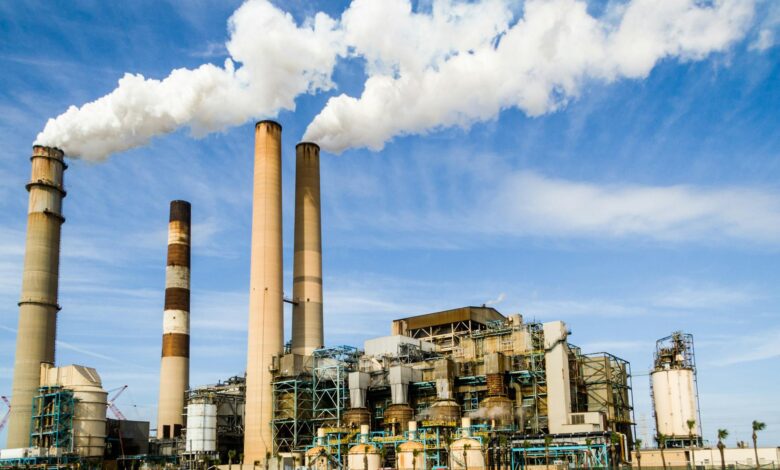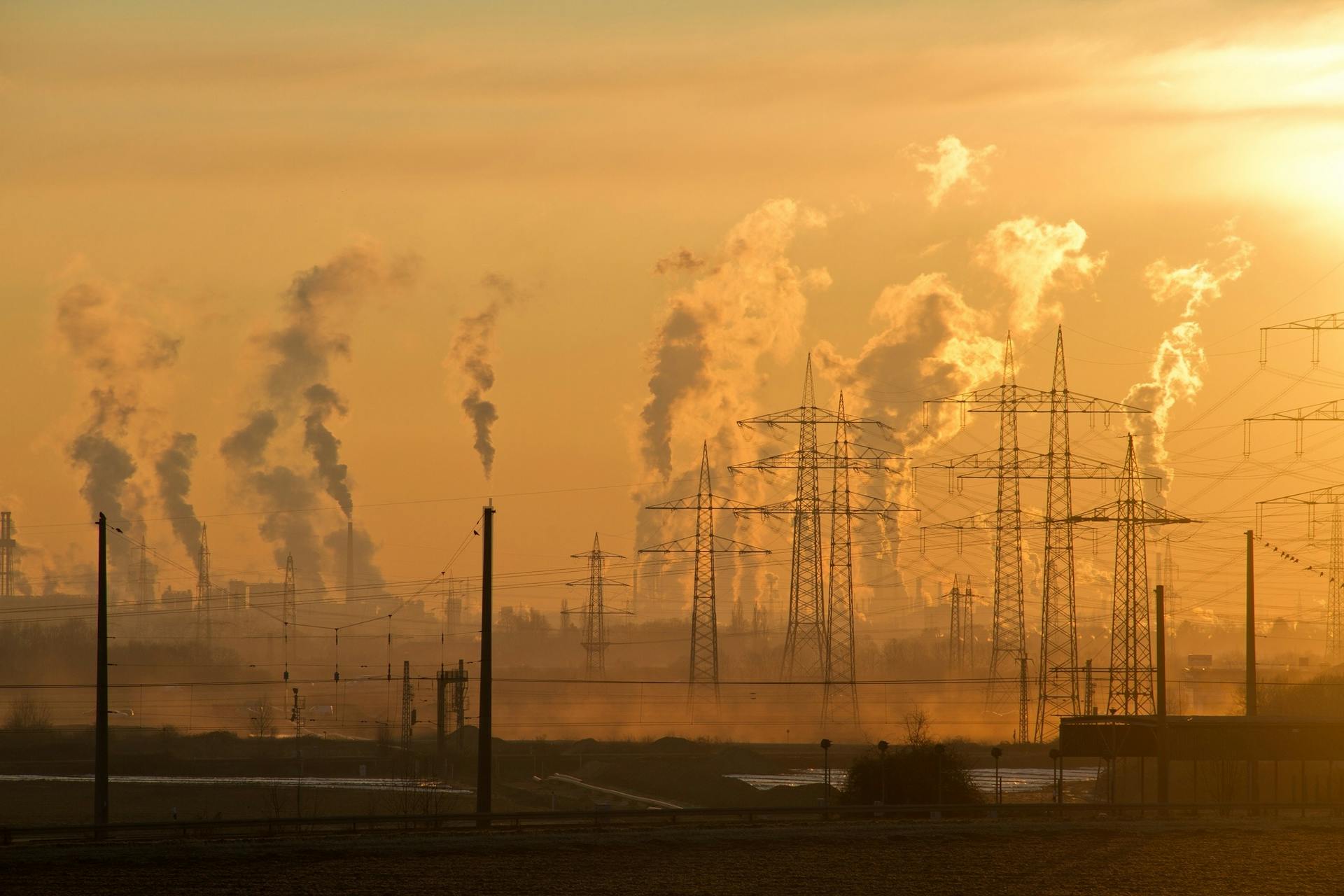The Dirty Truth You Need to Know About Fossil Fuels

Fossil fuels, including coal, oil, and natural gas, have been the primary energy sources powering the world’s economic and industrial development for over a century. These energy-dense resources, formed from the remains of ancient plants and animals, have played a crucial role in driving technological progress and improving living standards globally. However, the widespread use of fossil fuels has come at a significant cost, as it has led to a range of environmental and economic consequences that are now becoming increasingly apparent.
Environmental Consequences of Fossil Fuels
Climate Change and Global Warming
The burning of fossil fuels for energy production, transportation, and industrial processes has been a major contributor to the increase in greenhouse gas emissions, primarily carbon dioxide (CO2), methane (CH4), and nitrous oxide (N2O). These gases trap heat in the Earth’s atmosphere, leading to a gradual rise in global temperatures, a phenomenon known as global warming. The effects of climate change, including rising sea levels, more frequent and severe weather events, and disruptions to ecosystems and food production, pose a significant threat to the well-being of both human and natural systems.
Air Pollution and Health Effects
In addition to greenhouse gas emissions, the combustion of fossil fuels also releases a range of air pollutants, including particulate matter, nitrogen oxides, sulfur dioxide, and carbon monoxide. These pollutants can have serious consequences for human health, leading to respiratory problems, cardiovascular diseases, and even premature death. Air pollution disproportionately affects vulnerable populations, such as the elderly, children, and those with pre-existing health conditions.
Water Pollution and Ecosystem Damage
The extraction, transportation, and processing of fossil fuels can also lead to water pollution, with the potential to harm aquatic ecosystems and contaminate drinking water supplies. Oil spills, wastewater discharge, and the improper disposal of hazardous materials can have devastating effects on marine life, freshwater habitats, and the communities that depend on these resources.
Also read: Creating Sustainable Solutions with Circular Economy
Economic Consequences of Fossil Fuel Use

Dependence on Fossil Fuels and Energy Security
The world’s heavy reliance on fossil fuels for energy production has created a significant degree of economic and geopolitical vulnerability. Disruptions in the supply of these resources, whether due to political instability, conflicts, or natural disasters, can have far-reaching consequences for energy prices, economic growth, and national security. This dependence on fossil fuels has also led to concerns about the long-term sustainability and security of energy supplies.
Rising Costs of Extraction and Production
As the easily accessible and high-quality fossil fuel reserves have been depleted, the industry has been forced to turn to more challenging and expensive extraction methods, such as deep-sea drilling, hydraulic fracturing, and the exploitation of unconventional resources. These processes often require significant upfront investments and can have additional environmental and social impacts, ultimately leading to higher energy prices for consumers and businesses.
Also read: What are the Three Pillars of Sustainability?
Transitioning to Renewable Energy Sources
In light of the mounting environmental and economic challenges posed by fossil fuels, there is a growing global consensus on the need to transition towards more sustainable and renewable energy sources. This transition involves the development and deployment of technologies such as solar, wind, hydropower, geothermal, and advanced biofuels, as well as the implementation of policies and initiatives to support their adoption.
Government Policies and Initiatives

Governments around the world have been implementing a range of policies and initiatives to promote the transition to renewable energy sources, including carbon pricing, renewable energy targets, tax incentives, and investments in research and development. These efforts aim to create a more level playing field for renewable energy technologies, while also addressing the negative externalities associated with fossil fuel use.
Conclusion: Moving Towards a Sustainable Future Without Fossil Fuels
The reliance on fossil fuels has been a defining characteristic of the modern era, but the time has come to chart a new course towards a more sustainable future. By addressing the environmental and economic consequences of fossil fuel use and accelerating the transition to renewable energy sources, we can work towards a cleaner, more resilient, and more equitable global energy system. This transition will require a concerted effort from governments, businesses, and individuals, but the potential benefits to our planet and our societies are immense.
Also read: The Detrimental Effects of Environmental Pollution




